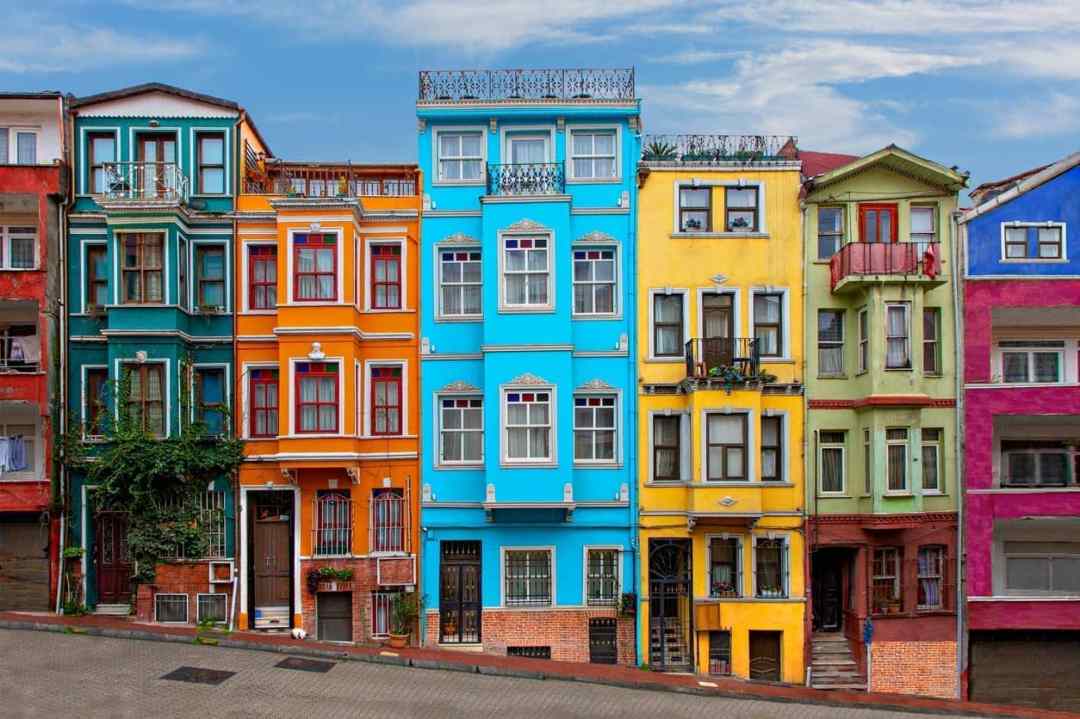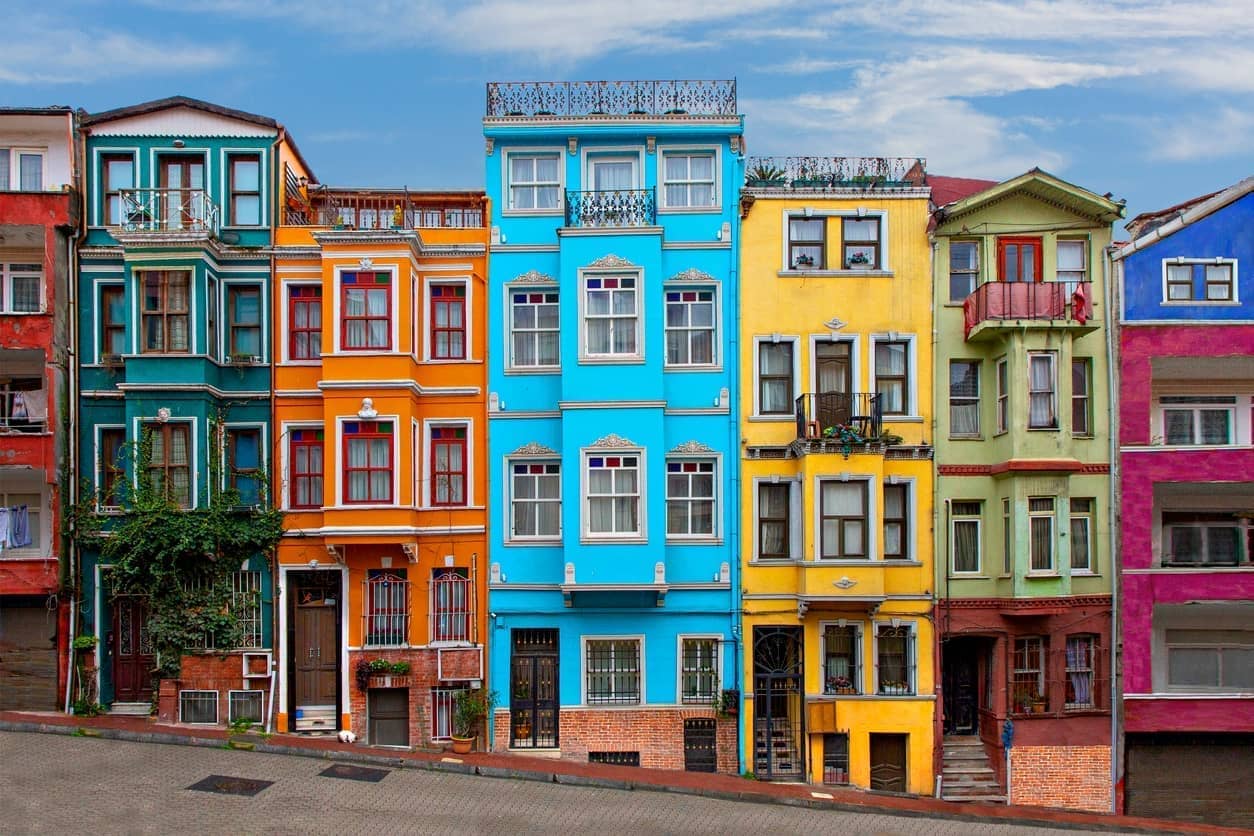Two weeks before Covid began to hit Europe, I stood in the Basilica Cistern beneath Istanbul, steadily getting dripped on. Built during the reign of the Emperor Justinian I in 532, just before another deadly pandemic – the plague of Justinian – the cistern lies beneath Istanbul’s tourist hotspot, and despite it being damp, dark and having stands of 007 merchandise at its entrance and exit, it is one of the most enchanting places in a city that has captivated its visitors for over a thousand years.
‘If the Earth were a single state,’ Napoleon once pronounced, ‘Istanbul would be its capital,’ and upon visiting you begin to understand why. Istanbul is one of the world’s great meeting places, not just between continents but between ideologies and cultures – a fact embodied until recently by one of its famed monuments, the Hagia Sophia. But, amid the Covid crisis, President Erdoğan converted the museum, for the second time in its almost 1500-year-old history, into a working mosque.

Britain’s best politics newsletters
You get two free articles each week when you sign up to The Spectator’s emails.
Already a subscriber? Log in







Comments
Join the debate, free for a month
Be part of the conversation with other Spectator readers by getting your first month free.
UNLOCK ACCESS Try a month freeAlready a subscriber? Log in